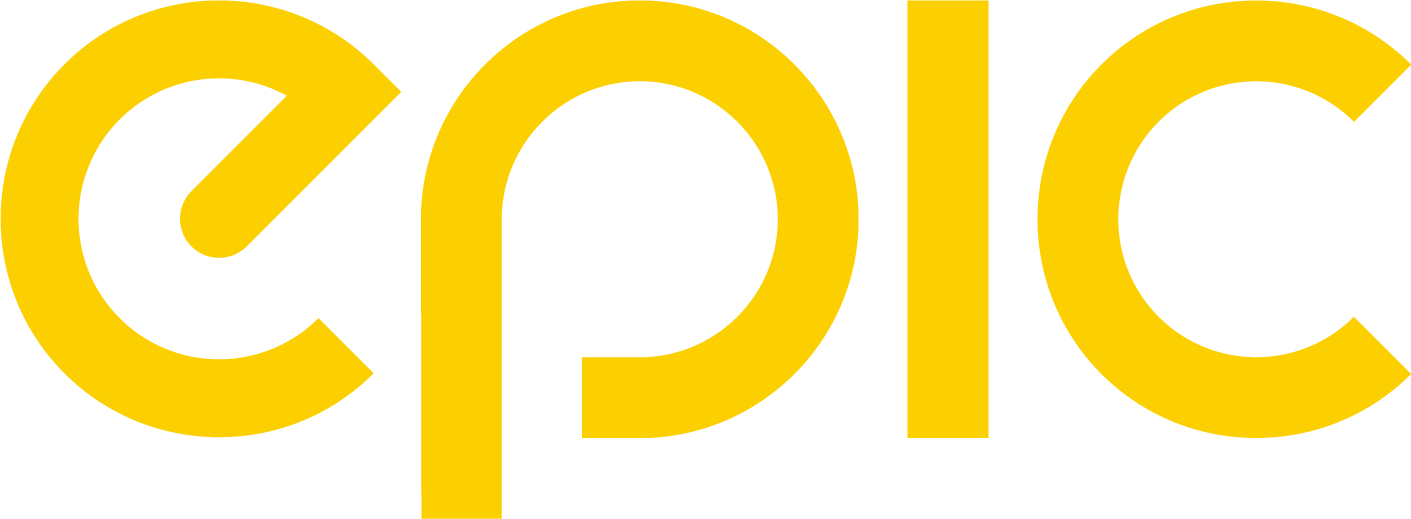You may hear us use some of the following terms about the rapidly growing world of Internet marketing. If “conversion rate” wasn’t your first spoken word, here’s a quick guide to understanding some Internet marketing jargon:
SEO: Search Engine Optimization (SEO) is the process of affecting the visibility of a website in a search engine’s “natural” or un-paid (organic) search results. Local search results – an entirely different ballgame – are also important if your business has a physical address. Countless factors affect a site’s search engine rankings, such as site design, load time, over- or under-use of keywords, number external links – the list goes on and on.
Algorithm: PR(A) = (1-d) + d (PR(T1)/C(T1) + … + PR(Tn)/C(Tn)). Got it? Ok, neither do I. Google’s algorithm is highly complex – and that’s not even the tip of the iceberg. An algorithm is a mathematical equation that enables search engines to quickly rifle through over 60 trillion web pages and deliver us the best search results possible. As if this isn’t complicated enough, Google makes changes to its algorithm 500-600 times a year. You go, SEO’s.
Analytics: A web marketer’s bread-and-butter, analytics is used to measure, collect, and analyze website data for developing actionable insights that help us make informed marketing decisions. Basically, we get a “behind the scenes” look at who’s visiting your site, when, for how long, etc.
Conversion Rate: A metric to describe the percentage of those who take a desired action. Said desired action depends on one’s individual goals, which could be taking advantage of a free consultation, subscribing to a newsletter or blog, completing a survey or making a purchase. Basically, conversion is the process of turning website visitors into customers.
Content: Content is a piece of information that exists to be digested, engaged with, and shared. Content typically comes in the form of a blog, social media post, advertisement, photo, or website copy. “Content is king” is a (wildly overused) phrase you may hear, describing how good, relevant content is crucial for search engine rankings, conversion, and more.
Keyword: Keywords are single words, or strings of words – called “keyword phrases” – that are strategically selected and incorporated into web content to optimize a page for both search engines and humans. Keywords represent what a page is about and should be integrated through a page’s content in a way that is natural and subtle to avoid “keyword stuffing” – an SEO tactic that Google considers to be a big “no-no.”
Responsive Web Design: This is the practice of developing a website that adapts according to how someone is viewing it. A responsive site will provide an optimal viewing experience across a wide range of devices – laptop, tablet, smartphone, etc. This is crucial, because mobile site visits are quickly surpassing desktop and laptop numbers.
These are only a few of the many buzzwords in the ‘dictionary’ of Internet Marketing.
We want to hear from you! Tweet some jargon you may not understand to @epicmarketing and we’ll give you the 4-1-1.

